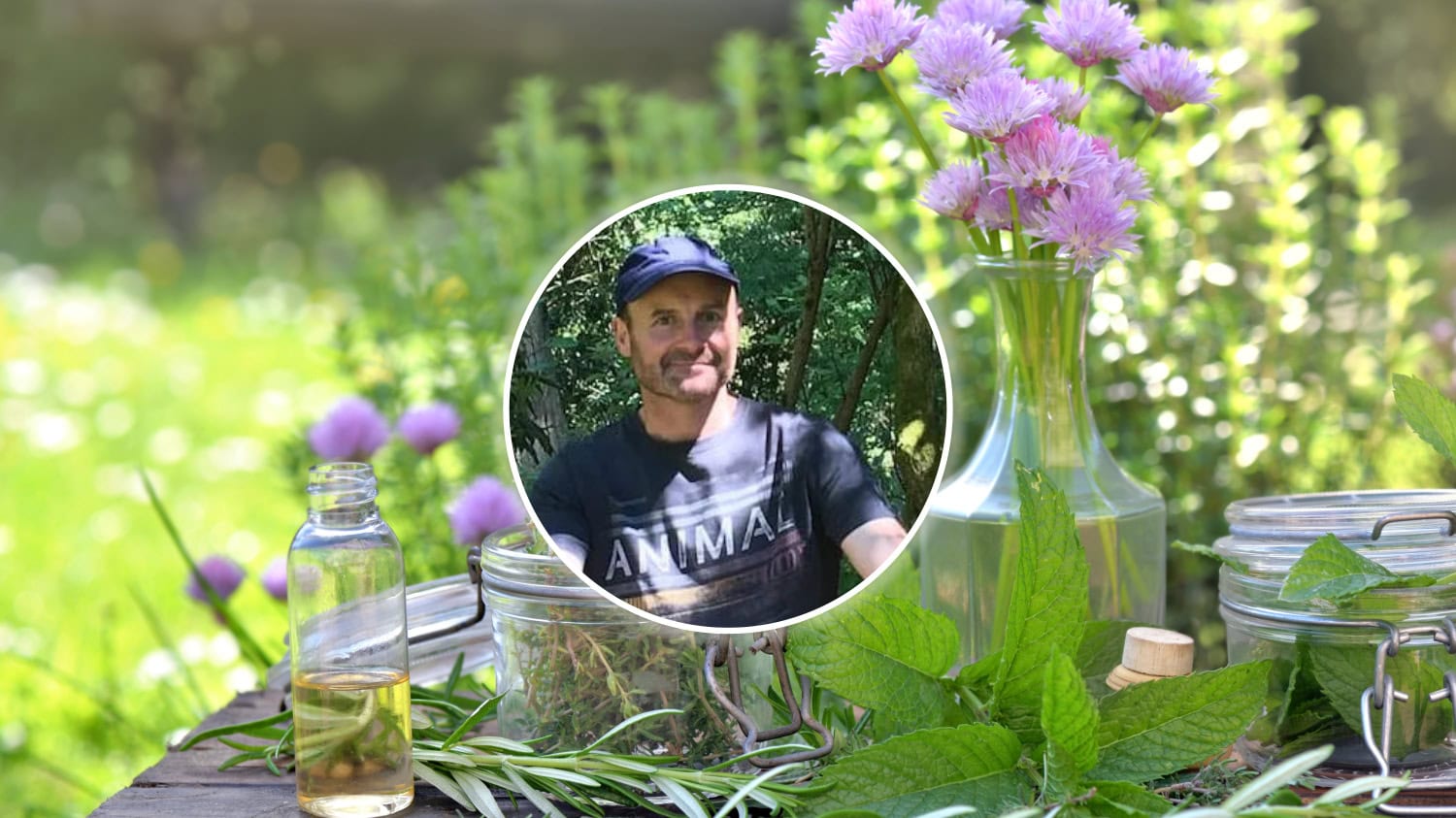A CONVERSATION WITH BERNARD HARRIS

Bernard Harris is a herbalist and facilitator with a background that’s as varied as it is interesting.
He’s 52 now, but about 14 years ago, he had a big shift in his life that took a decade to fully settle.
These days, he runs a clinic in Dublin, blending old-school herbal medicine with modern technology. He came to the 2024 HeartMath Conference in Athens to deepen his understanding of coherence and biofeedback, something he’s been experimenting with in his own way for years.
In this chat, he shared some solid insights about friendship – both in life and at work – along with a few deep thoughts on connection and trust.
Friendship is All About Being Real
For Bernard, the heart of friendship is authenticity. It’s not about definitions or rules – it’s about showing up as yourself and seeing where things go.
“For me, friendship is just being authentic. And then if there’s different chemistry between two people, it accelerates and deepens that friendship in whatever way… And it’s allowing that depth to happen and not resist it.”
We all connect with different people in different ways, and friendships don’t need to fit into neat little boxes. It’s more about whether you can be yourself around someone.
The Instant ‘Click’ and How Friendships Start
Bernard really clicked with the idea that friendships often begin with a ‘click’ or ‘spark’ – that unspoken moment of recognition between two people.
“I met a lady inside, and I met her at the table. And I knew we had something when we clicked the eyes… She says, ‘It felt like you looked into my soul.’ But it’s very seldom you get people actually looking into your eyes and holding that gaze.”
Is it all about eye contact? That first moment of looking someone in the eyes and knowing, instinctively, that there’s something there.
In leadership and coaching, this is a great reminder that people pick up on energy and presence way before words. If you’re fully there with someone – paying attention, listening properly – they feel it. It’s that moment of trust that can make all the difference.
Boundaries and Learning Not to Be Reckless with People
Bernard admits he wasn’t always careful with how he approached relationships – he used to throw himself in, and sometimes it ended badly. These days, he’s a bit more measured, making sure he’s looking after both himself and the people around him.
“I used to be reckless, yeah, and I got into trouble. Yeah, there were some tears and some laughs, right? But it’s too volatile.”
In his work as a herbalist, he’s learned to be intentional about how he interacts with people – he listens more, observes more, and makes sure he’s giving people what they need without overstepping.
“I do nourish them. I do nourish their thoughts, their processes, their feelings. I give them the recognition.”
This is a big one in leadership too. Good relationships need both care and boundaries. If you give too much without balance, you burn out. If you hold back too much, people don’t feel valued. It’s about getting that mix right.
We Should Be Teaching Children How to Make Friends
Bernard is all for teaching kids emotional intelligence – stuff like how to make and keep friends, how to navigate relationships, and how to understand themselves better.
“I would agree totally that we should be teaching our children lots of things in school and not what they’re teaching them… They should be putting in loads of different curriculums to expand their education, to find out who they are inside.”
Schools focus on academic subjects but don’t spend enough time on the social skills that actually help people thrive. We expect kids to just ‘figure it out,’ but then we’re surprised when they struggle with relationships later in life.
Whether it’s making friends, handling conflict, or learning to trust people, these skills are just as important as maths or science.
Final Thoughts
Bernard is one of those people who sees friendship as something organic – something that grows naturally when people are real with each other.
He’s learned through experience that friendships need honesty, respect, and sometimes, a bit of patience. His take on connection, boundaries, and trust lines up well with leadership coaching, where relationships are everything.
His thoughts also reinforce a key part of my work: leadership isn’t just about strategy or decision-making – it’s about how you connect with people, build trust, and create an environment where friendships (and by extension, teams) can thrive.